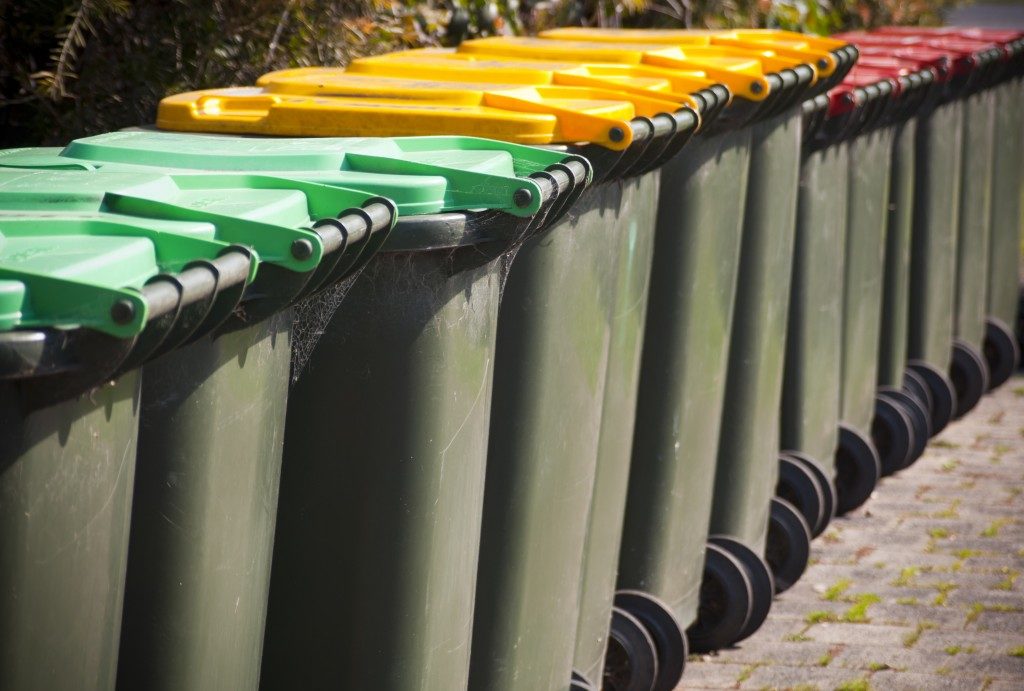The need for more comprehensive waste reduction and recycling programs is at an all-time high. With our planet on a race against climate change, how does modern technology help innovate the planet’s trash management?
In New Zealand, an average person produces 3.6kg of waste every day, totaling to about 734kg of trash every year for just one person. Imagine just how much trash is created by 7 billion other people in the world!
Fortunately, scientists and inventors are working non-stop to come up with technologies to reduce the world’s waste. Here are some of that tech that is in public use today:
1. Improved machinery and equipment
Waste and recycling equipment looked a lot different just a few years ago. When you look at hook lift bins for sale or other waste management materials available today, they are much more durable, functional, and cost-effective than the equipment we had in the past few decades.
2. Converting waste into energy
Certain types of waste can be turned into energy that power or homes. Solid waste, in particular, is burned to generate electricity. Some examples of solid waste that can be converted into energy are newspapers, car tires, furniture, food waste, and other types of trash that are not hazardous when burned. Examples of waste that cannot be burned are chemicals, bulbs, objects with mercury, and batteries. These are hazardous wastes that can catch fire, explode, or emit poisonous fumes when burned.
3. Recycling robots
Recycling robots are one of the keys to revolutionising solid waste management today. These robots use artificial intelligence to sort trash at ground-breaking speeds, picking off recyclable materials from conveyor belts and sorting them into recycling categories. They are also programmed to be able to recognise logos and labels for better sorting.
4. Eco-friendly plastic

Bioplastics and biodegradable plastics are designed to degrade much faster than regular plastic. There are also recycled plastics that are made from recycled plastic materials instead of new petrochemicals.
More and more inventors are also making edible plastics, which can be manufactured from a wide range of organic material, such as seaweed, starch, and sugarcane. These edible plastics aim to replace plastic packaging and reduce plastic waste in our landfills and oceans.
5. Pay as you throw
The Pay As You Throw scheme is an excellent way to incentivise citizens to minimise their garbage. In cities that use the PAYT system, scales are added to trucks, which are used to weigh each house’s trash. Households are then charged for each pound of trash that they produce. However, this system is only ideal for less dense mid-to-high income areas, since the scheme is susceptible to abuse.
6. Cleaning methods
Cleaning each piece of recycled material manually is not only inefficient, but it’s also impossible with the amount of trash that arrives at recycling centers every day. Fortunately, there is new tech that cleans, deodorises, and decolourises polypropylene material without the need for human labor. The washed material can then be used for new plastic products.
These are just some of the technologies that are revolutionising solid waste management and recycling techniques–that’s the good news. The better news? There are definitely more inventions and innovations on the way that will help save our planet.
